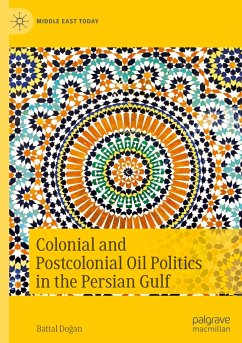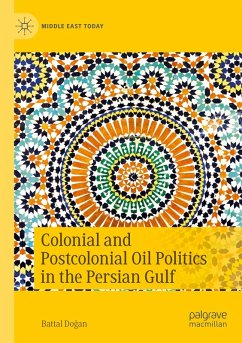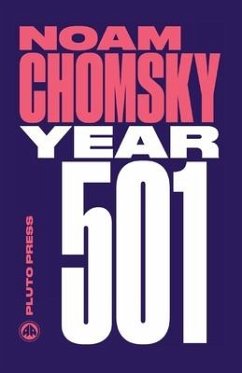
Qaboosism in Historical Perspective: British Policy, Rule Legitimacy and Resistance in Oman
Versandkostenfrei!
Erscheint vorauss. 14. Februar 2026
106,99 €
inkl. MwSt.

PAYBACK Punkte
53 °P sammeln!
This book examines the outcomes and impact of the interaction between three factors: British foreign policy, political legitimacy, and popular resistance in Oman, and how these factors contributed to the emergence and shaping of the Qaboos regime . This book argues that, despite its formal independence, Oman functioned as a de-facto British protectorate, consolidated through treaty agreements and covert support. Although there were various potential political outcomes at the onset of Sultan Qaboos rule, British policy favoured absolute individual authority aligned with their economic and strat...
This book examines the outcomes and impact of the interaction between three factors: British foreign policy, political legitimacy, and popular resistance in Oman, and how these factors contributed to the emergence and shaping of the Qaboos regime . This book argues that, despite its formal independence, Oman functioned as a de-facto British protectorate, consolidated through treaty agreements and covert support. Although there were various potential political outcomes at the onset of Sultan Qaboos rule, British policy favoured absolute individual authority aligned with their economic and strategic interests. Despite Qaboos's attempts to distance himself from his predecessor, in effect he was merely a new link in the chain of British imperial sovereignty. The ramifications of the leftist 'Oman Revolution' significantly shaped the regime's subsequent attitude to information control and security. This quasi-totalitarian approach, marked by a cult of personality imposed on the Omani populace, also distinguishes the Qaboos regime from other Gulf states. This study thus sheds light on the multifaceted historical relationship between Oman and Britain, examining the complex dynamics which culminated in Qaboosism .












